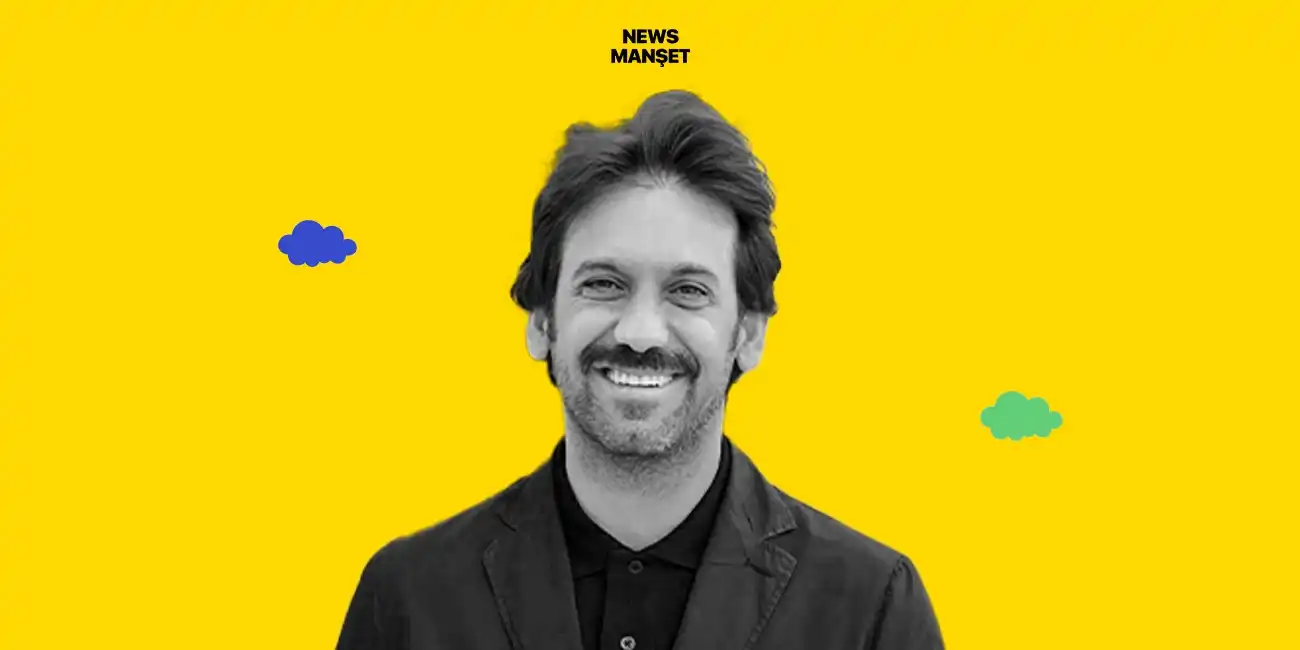
Deputy Minister of Culture and Tourism, Dr. Batuhan Mumcu, highlights the increasing danger of reputation assassinations on social media. He warns that these attacks severely impact individuals' mental well-being, professional lives, and social connections. With the surge of disinformation and manipulation, such reputation-damaging attacks have become increasingly threatening.
Social Media and Reputation Assassination
Dr. Batuhan Mumcu underscores the role of social media in modern communication, noting both its advantages and risks. Social media enables rapid information sharing with large audiences, making it a double-edged sword that can facilitate reputation assassinations.
These platforms create an environment where manipulative content and disinformation can rapidly propagate. The reputation of individuals or organizations can be intentionally damaged through coordinated efforts, turning them into victims of reputation assassination.
Understanding Reputation Assassination
The notion of "reputation" originates from Arabic, meaning prestige, and relates to the value a person gains through their life and career. A person's reputation can enhance or diminish their perceived social value, influencing societal expectations.
Reputation assassination is the intentional effort to harm someone's professional or social image. These attacks are typically systematic and undertaken via social media, news sites, forums, and other digital platforms. Personal, professional, commercial, and political motives drive these actions, seriously affecting the victim's mental health and social standing.
Disinformation and Manipulation
Misleading Information: Including manipulated images, skewed quotes, and false headlines meant to harm someone’s reputation. This content often spreads rapidly, outpacing efforts to correct it.
Perception Management: Influential social media accounts may lead disinformation campaigns to shape public opinion. These accounts are instrumental in carrying out harmful tactics.
Causes of Reputation Assassination on Social Media
Personal Hostilities: Attacks driven by personal grudges, jealousy, or rivalry.
Political and Ideological Differences: Coordinated smear campaigns by opposing factions to discredit rivals and promote their ideologies.
Strategies to Protect Against Reputation Assassination
Several methods have been developed to protect against reputation assassinations, particularly those spread via social media. Conscious media consumption and verifying sources are crucial preventive measures. Governments, civil society groups, and media organizations must work together to combat disinformation.
Legal Measures and Reputation Protection
Turkey has enacted laws through the Press Law No. 7418 to regulate content on social media. These laws criminalize the spread of false information, with enforcement by the Center for Combating Disinformation. Ensuring accurate information flow in the digital age necessitates cooperation among all stakeholders to create a more respectful communication environment.
Frequently Asked Questions: Reputation Assassination on Social Media
What is reputation assassination on social media?
Reputation assassination involves organized efforts to tarnish an individual’s or institution’s reputation using disinformation and manipulation. Misleading information, altered quotes, and doctored visuals are common tactics, exploiting social media's widespread reach.
How to safeguard oneself from reputation assassination on social media?
Conscious media usage is vital for protection. This includes verifying sources and ensuring information accuracy. Understanding your legal rights and using legal avenues, such as the Press Law No. 7418 in Turkey, is also essential. Media organizations and educational institutions play a crucial role in fostering information security awareness.
Most Frequently Asked
What are the impacts of social media reputation assassination on mental health?
Social media reputation assassination can have severe effects on an individual's mental health. The constant barrage of disinformation and manipulative attacks can lead to anxiety, depression, and stress. Victims often feel isolated, losing confidence, and struggling with their self-worth. The public nature of these attacks exacerbates the psychological toll, resulting in long-lasting emotional scars. Moreover, the fear of further attacks can lead to social withdrawal, affecting their personal and professional relationships. Combating this requires robust support systems, legal protections, and awareness initiatives to help those affected.
How can one identify a reputation assassination attempt on social media?
Identifying a reputation assassination attempt on social media involves recognizing certain patterns. Coordinated misinformation campaigns, including distorted quotes, altered images, and false headlines, are often telltale signs. Typically, these attacks are systematic, with multiple accounts or platforms spreading the same harmful content. A sudden spike in negative comments or shares about an individual or institution can also indicate an orchestrated effort. Being vigilant and cross-referencing information with reliable sources is crucial. Awareness of these patterns can help individuals take timely action to mitigate the damage.
Why is conscious media usage important in preventing reputation assassination?
Conscious media usage is essential in preventing reputation assassination because it fosters a critical approach to consuming information. Verifying the authenticity of sources and cross-checking facts helps individuals avoid falling prey to disinformation. By being discerning about the content they share, people can prevent the spread of manipulated information that could potentially damage someone's reputation. Educating oneself about the tactics used in reputation assassination, such as perception management and viral misinformation, further enhances protection. Informed media consumption not only safeguards individuals but also promotes a more ethical and accountable digital environment.
Who is Batuhan Mumcu?
Batuhan Mumcu was born in Erzincan in 1983 and earned a degree in Public Relations from Near East University. He completed his master's and PhD in Political Science, with a focus on protecting cultural heritage. He has held various governmental roles and published works on cultural heritage. In 2023, he was appointed as Deputy Minister of Culture and Tourism. Mumcu also represents Turkey in TURKSOY and serves on the Board of Trustees at the Yunus Emre Foundation. He is a member of the Galatasaray Sports Club Congress, married, and has two children.




